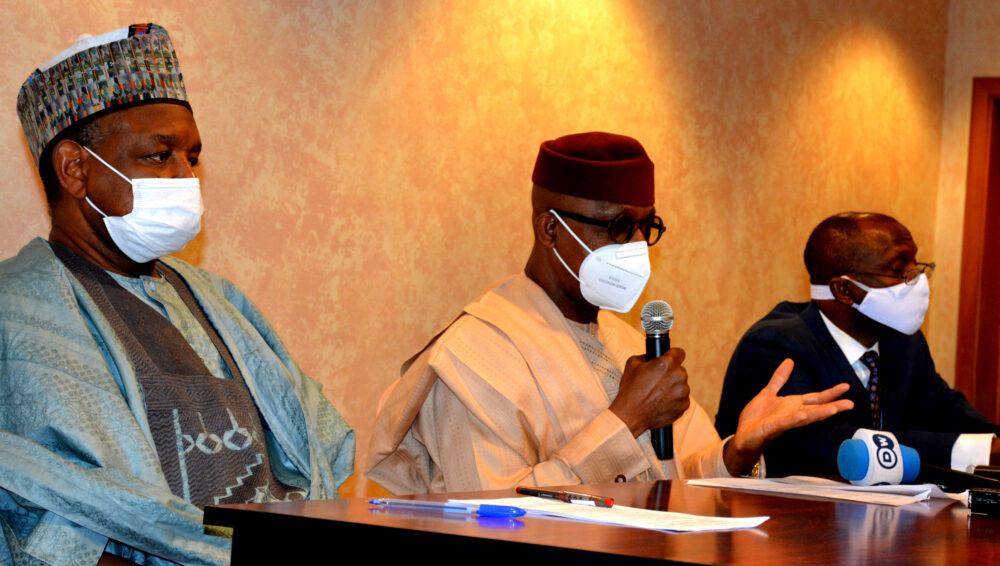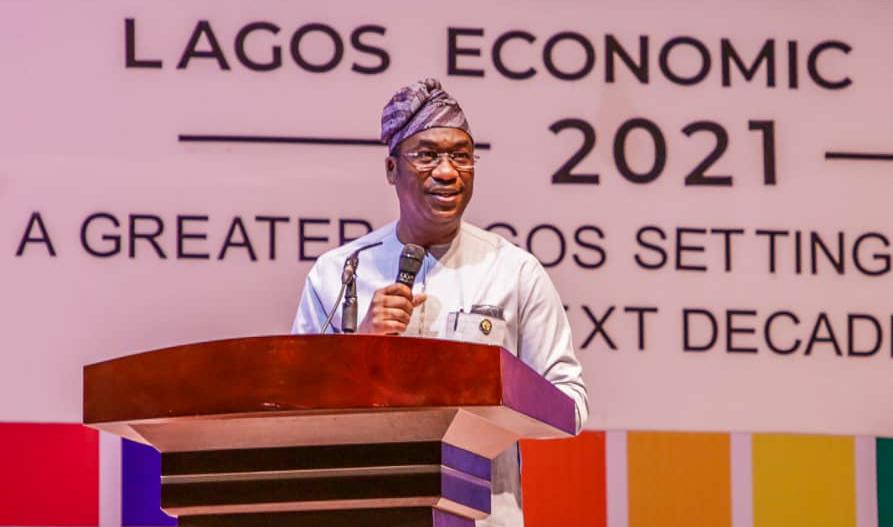Zainab Ahmed, minister of finance, budget and national planning, says the nation’s excess crude account (ECA) balance as at February 16, 2021, stood at $72.4 million.
The minister disclosed this in Abuja, during the 113th national economic council (NEC) meeting, second in the year.
The ECA was established in 2004 by former President Olusegun Obasanjo to save excess oil revenues above the benchmark in the annual budget, with the overriding objective of insulating the country from economic shocks that may arise from volatility in crude oil prices in international markets.
“Stabilization account, balance as at February 16, 2021, N23.535,303,012.91; natural resources development fund Account, balance as at February 16, 2021, N88,512,898,420.24,” she said.
Advertisement
In August 2015, during the early days of the Buhari administration, the ECA stood at $2.2 billion. It was $3.6 billion in February 2014, one of the highest balances on record.
According to the Central Bank of Nigeria’s annual report for 2018, Nigeria’s excess crude account fell from $2.45 billion in 2017 to $480 million as of December 2018.
At the meeting, Mele Kyari, group managing director of the Nigerian National Petroleum Corporation (NNPC), said the impact of COVID-19 pandemic forced all countries to cut down production to control price.
Advertisement
“At the peak of Covid-19, we made 12 million barrel per day, and NNPC contribution maintained the price of petrol at N162 – N163 since September.
“We can avoid subsiding regime because it has its collateral impact so government cannot sustain it.”
At the end of the meeting, council resolved to come up with idea that addresses people’s concern, and meet with the relevant stakeholder who will come up with a plan that soften the effect of regulation in terms of social security.
Advertisement
Add a comment







